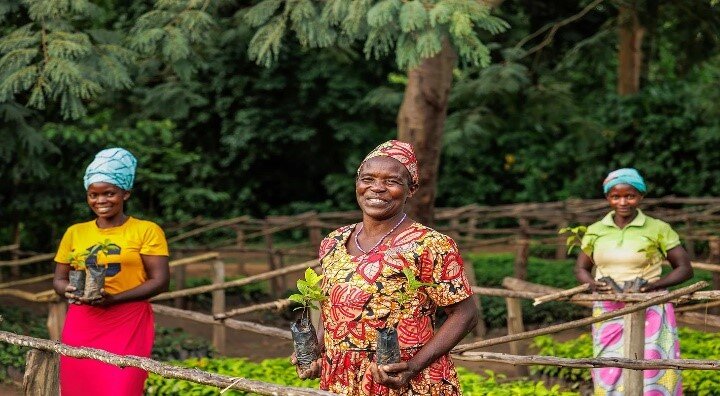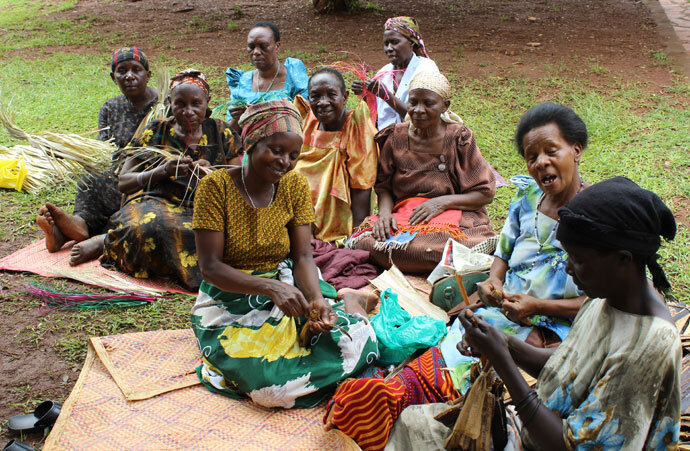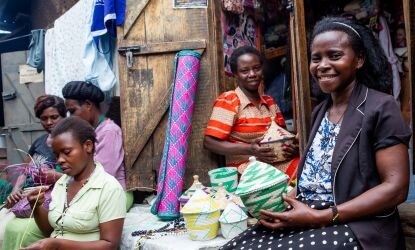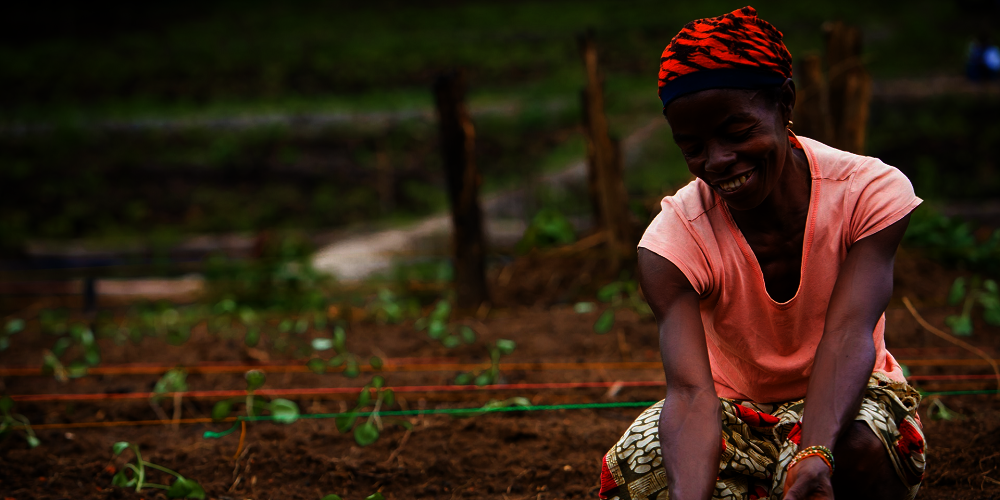By John Mwesigwa | Project Leader
Title: Impact Assessment Report on Economically Empowering Rural Women 28/01/2023
Executive Summary:
This report presents an in-depth analysis of the impact of initiatives aimed at economically empowering rural women implemented by Hope for children’s Health Foundation. By examining various projects and interventions done in rural Uganda, the report seeks to understand the tangible outcomes and transformative effects on the lives of rural women. The findings underscore the significance of economic empowerment in fostering gender equality, community development, and overall sustainability.
1. Introduction:
Economic empowerment initiatives for rural women have gained prominence as a means to address gender disparities and promote inclusive development. The objective of this report is to assess the real-world impact of such interventions, considering factors such as income generation, education, healthcare, and community dynamics.
2. Methodology:
The impact assessment was conducted through a combination of quantitative and qualitative methods:
3. Key Impact Areas:
The report focuses on the following key impact areas:
4. Case Studies:
Two exemplary case studies demonstrate the diverse impacts of economic empowerment initiatives:
5. Challenges and Opportunities:
Despite the positive impacts, challenges persist, such as scalability issues, cultural barriers, and the need for sustained support. Opportunities lie in leveraging technology, strengthening partnerships, and integrating environmental sustainability into economic empowerment initiatives.
6. Recommendations:
Based on the findings, the report recommends the following:
7. Conclusion:
Economically empowering rural women has far-reaching positive impacts on individuals, families, and entire communities. By addressing barriers and leveraging opportunities, sustained efforts in this direction can contribute significantly to achieving gender equality, community development, and overall socio-economic progress. By implementing holistic strategies and fostering collaborative efforts, we can create an environment where rural women thrive economically, contributing significantly to the overall prosperity of rural communities and the nation at large. This report encourages continued investment in and support for initiatives that empower rural women economically.
We thank our donors for their continued support and we look forward to reach more and transform women’s lives.
Prepared by John Mwesigwa Project Leader
Project reports on GlobalGiving are posted directly to globalgiving.org by Project Leaders as they are completed, generally every 3-4 months. To protect the integrity of these documents, GlobalGiving does not alter them; therefore you may find some language or formatting issues.
If you donate to this project or have donated to this project, you can receive an email when this project posts a report. You can also subscribe for reports without donating.
Support this important cause by creating a personalized fundraising page.
Start a Fundraiser


